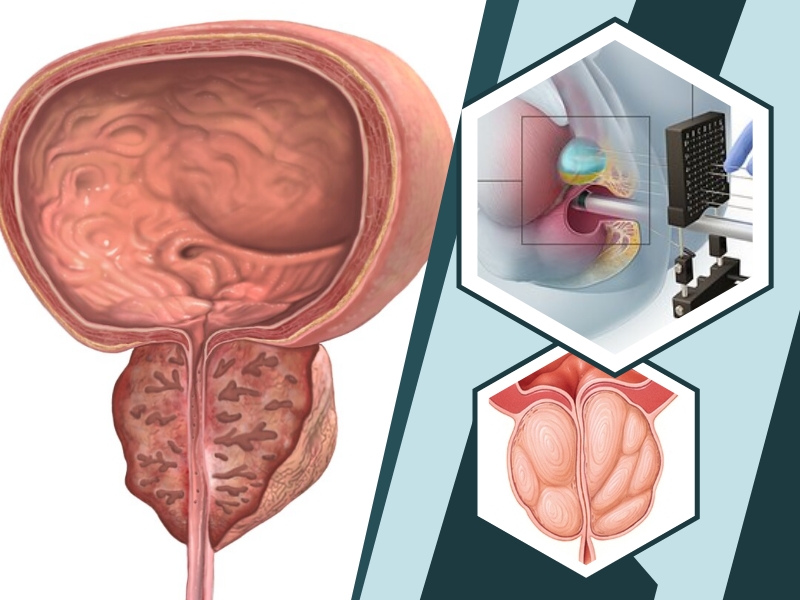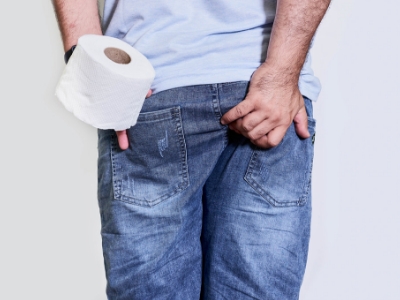What Causes Benign Prostatic Hyperplasia?

Benign Prostatic Hyperplasia (BPH) is a common disease as men get older wherein the prostate gland is enlarged and not cancerous. The prostate goes through two main growth periods as a man ages.
- The first phase occurs early in puberty when the prostate doubles in size.
- The second phase of growth is when around the age of 25 and continues during most of a man’s life. BPH often occurs with the second growth phase.
As the prostate enlarges, the gland presses against and pinches the urethra. The bladder wall becomes thicker. In due course, the bladder may weaken and lose the ability to empty which leaves some urine in the bladder. The narrowing of the urethra and urinary retention is the failure to empty the bladder because of many of the problems associated with benign prostatic hyperplasia.
Symptoms of Benign Prostatic Hyperplasia

The severity of BPH symptoms varies in people, but it tends to worsen gradually. Common symptoms of BPH may include:
- Inability to empty the bladder
- Dribbling at the end of urination
- Weak urine stream or a stream that stops and starts
- Difficulty starting urination
- Difficulty starting urination
- Frequent or urgent need to urinate
- Less common symptoms may include:
- Blood in the urine
- Inability to urinate
- Urinary tract infection
Causes of Benign Prostatic Hyperplasia
It is not known what causes benign prostatic hyperplasia. This condition is mostly found in older men. When a man’s testicles are removed before puberty, BPH does not develop. Researchers believe benign prostatic hyperplasia may be caused by factors related to aging and the testicles.
The male body produces testosterone throughout their lives, as well as small amounts of estrogen, a female hormone. When men age, they lose active testosterone from their blood, leaving more estrogen in their blood. Researchers suggest that benign prostatic hyperplasia occurs because a high level of estrogen within the prostate causes substances that promote prostate cell growth to be more active.
Another theory involves dihydrotestosterone (DHT), a male hormone that affects prostate development and growth. There is some evidence that even when blood testosterone levels drop, older men continue to produce and accumulate high levels of DHT in the prostate. As a consequence, prostate cells may continue to grow. Researchers have noted that men without DHT do not develop benign prostatic hyperplasia.
Treatment for Benign Prostatic Hyperplasia
A wide variety of treatments are available for enlarged prostate. The best treatment choice for you depends on several factors, including:
- Your age
- Your overall health
- The size of your prostate
- The amount of discomfort or bother you are experiencing
However, medication is the most common treatment for mild to moderate symptoms of prostate enlargement. The options include:
- Alpha-blockers
- 5-alpha reductase inhibitors
The medicine usually recommends to treat BPH is:



